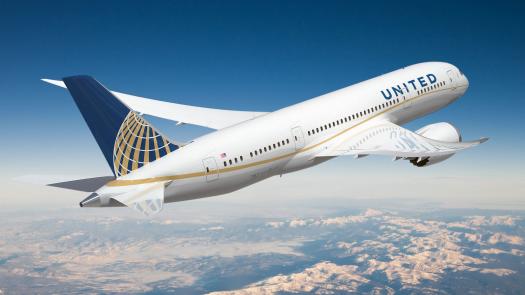Air travel has long been hailed as the fastest mode of travel, whisking passengers across continents in a matter of hours. However, the benefits of air travel extend far beyond speed alone. In this article, we will delve into the multifaceted advantages of air travel, exploring its efficiency, connectivity, and environmental impact.
Efficiency:
One of the key advantages of air travel is its unparalleled efficiency. Airports are strategically located, allowing for convenient access to various destinations. Moreover, airlines have optimized their operations to minimize travel time, employing advanced technologies and streamlined processes. From online check-ins to expedited security procedures, air travel offers a seamless experience, saving valuable time for travelers.
Connectivity:
Air travel serves as a vital link, connecting people and cultures across the globe. With an extensive network of routes, airlines offer unparalleled connectivity, enabling individuals to reach even the most remote corners of the world. This connectivity fosters economic growth, facilitates international trade, and promotes cultural exchange. Whether it's for business or leisure, air travel opens up a world of possibilities.
Safety and Reliability:
Air travel boasts an impressive safety record, with stringent regulations and rigorous maintenance procedures ensuring passenger well-being. Airlines invest heavily in training their pilots and crew, employing state-of-the-art technology to monitor and enhance flight safety. Furthermore, the industry's commitment to continuous improvement and learning from past incidents has made air travel one of the safest modes of transportation available.
Comfort and Amenities:
Modern aircraft are designed with passenger comfort in mind. From spacious seating and adjustable headrests to in-flight entertainment systems and Wi-Fi connectivity, airlines strive to provide a pleasant and enjoyable travel experience. Additionally, onboard services such as gourmet meals, duty-free shopping, and luxurious lounges further enhance the overall comfort and convenience of air travel.
Environmental Impact:
While air travel has undeniable advantages, it is essential to acknowledge its environmental impact. Aircraft emissions contribute to greenhouse gas emissions and climate change. However, the aviation industry is actively working towards reducing its carbon footprint. Airlines are investing in more fuel-efficient aircraft, exploring alternative fuels, and implementing sustainable practices. Additionally, carbon offset programs allow passengers to mitigate their environmental impact by supporting projects that reduce emissions.
Conclusion:
Beyond its reputation as the fastest mode of travel, air travel offers a multitude of advantages. Its efficiency, connectivity, safety, comfort, and ongoing efforts to minimize environmental impact make it an indispensable part of our globalized world. As we continue to explore new frontiers and connect with diverse cultures, air travel remains a catalyst for progress and a symbol of human ingenuity.

